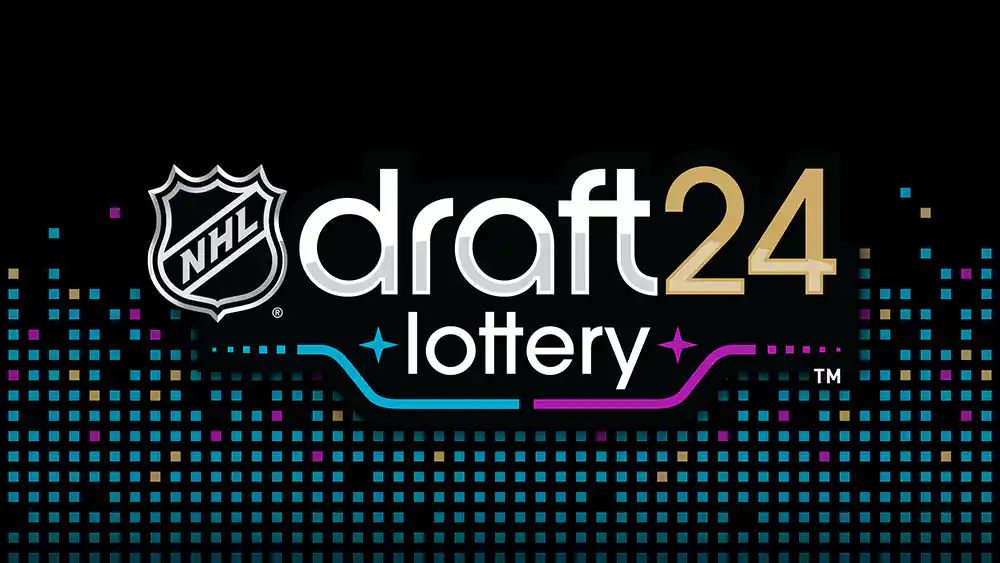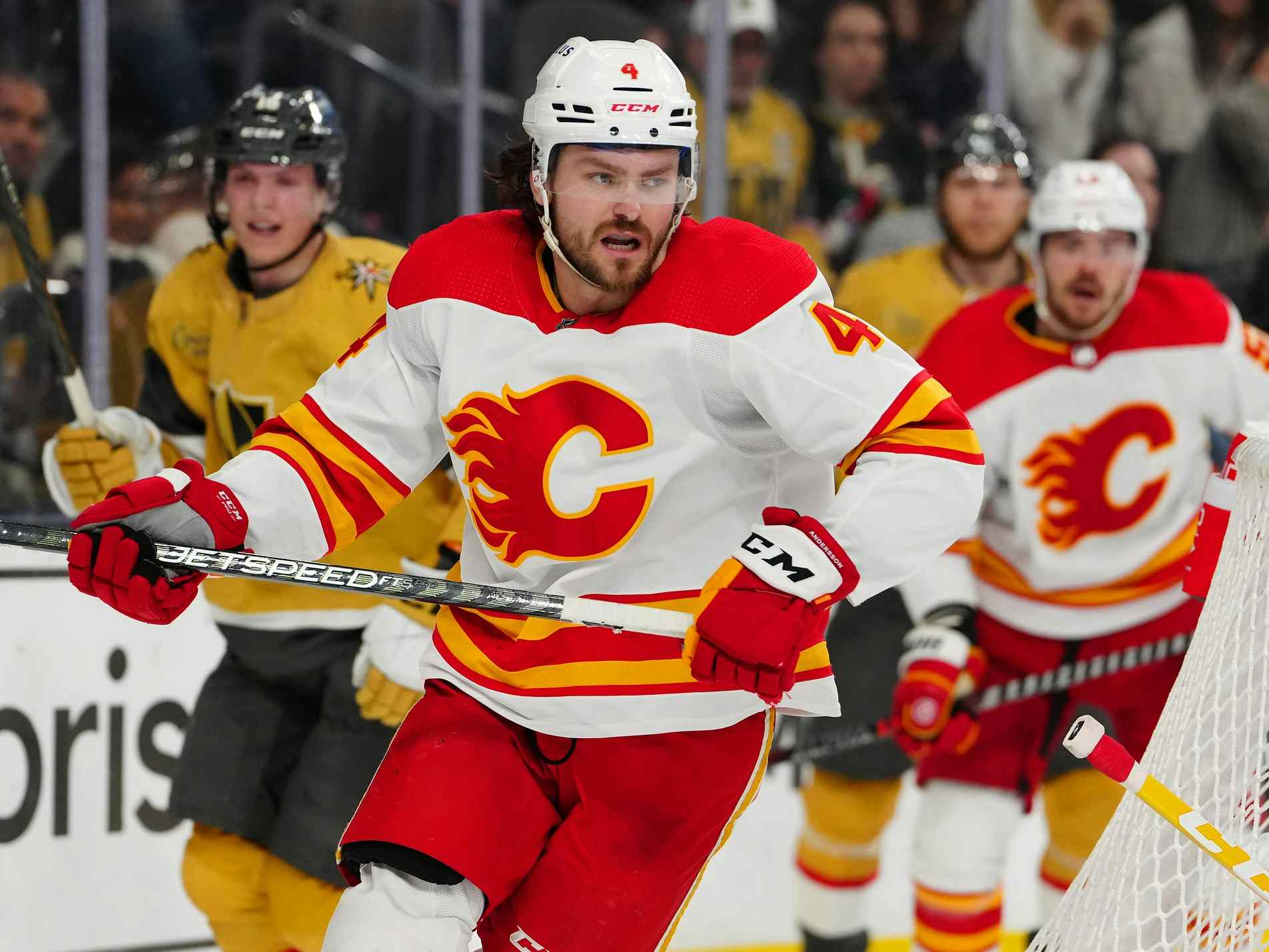Flames 2, Flyers 1 (OT) post-game embers: Mikael Backlund is good at hockey
By Ari Yanover
8 years ago
Photo description. Photo Credit: Sergei Belski/USA TODAY Sports
Well, it wasn’t a perfect game. Far from it, really. A struggling Philadelphia Flyers squad came to town to face a struggling Flames, and the game played out pretty much as you’d expect.
The Flames got some puck luck on their goals, though, and they got more when it came to shots against them (i.e. Karri Ramo actually made saves through 60 minutes!). It wasn’t perfect, but it was an improvement, and at this point, that’s all you can really ask for.
Wake up
That said, the one Flyers goal came in a familiar time: the last minute of a period.
Michael Raffl tied the game with a softie (and some questionable defence allowing the softie to happen to begin with) with just 36 seconds left in the second period. It really took the air out of the Flames’ sails, not that they’d had a ton before then – their last shot attempt of the period came with almost four minutes remaining.
Their next shot attempt didn’t come again until 3:22 in the third period. That’s 7:06 minutes without a single shot attempt by the Flames, albeit split over two periods.
That’s not acceptable, especially in such a close game. It took about half the third period for the Flames to actually get going again. This was in a tied game they were more than capable of winning. They were playing just fine before then, so what gives?
Also: this is the fifth time over just 14 games this season the Flames have given up a goal within the final minute of the period (not counting empty netters). Five times in 14 games? How does this keep happening? It’s something that definitely needs to be addressed, because it’s a special kind of deflating backbreaker.
A tale of two overtime units
So far, three-on-three overtime is fun this season. The Flames are 3-0 with it, and 0-1 in the shootout (and if Craig Anderson hadn’t pulled that amazing save, they’d be 4-0 in overtime and we wouldn’t even remember what a shootout was).
This was an exceptionally fast overtime; really, it only gave time to two units. The first unit gave up a scoring chance, while the second unit ended it.
The first unit was Bob Hartley’s go-to of Mark Giordano, T.J. Brodie, and Sean Monahan. Monahan’s presence out there was odd, as he really wasn’t having the best game; indeed, all he exhibited in his bonus hockey time was getting out of Claude Giroux’s way, and weakly swiping at him with his stick as he entered the zone. He did absolutely nothing to help, so why was he out there?
The second unit, on the other hand, composed of three guys who fully earned the right to be out there: Brodie, Johnny Gaudreau, and Mikael Backlund. Very little surprise that they ended it, although they were the beneficiaries of a benevolent bounce. But hey, they created that one. It was earned.
Also: is Gaudreau some kind of overtime wizard? He’s scored one winner, and had primary assists on the other two. He could have had the winner on Anderson. I guess the message here is: can Gaudreau play five straight minutes of overtime? Because every time he’s out there the Flames are on the verge of ending it (and, three out of four times, they have). Three-on-three was made for this kid.
Also also: nothing to do with overtime, but Gaudreau is probably just a straight up wizard in general.
Good lord.
‘Always earned, never given’ isn’t real
Bob Hartley debuted new line combinations for this game. Part way through the third, with just one goal scored, Hartley mixed them up. Most obviously, he reunited an old staple: Sam Bennett was dropped, and Jiri Hudler was back on the top line. He had the most shifts in the third period with 11.
Just one problem with that: Hudler was having an absolutely garbage game, and nothing in his performance indicated he deserved more minutes to end the night.
Raffl, who scored the game-tying goal late in the second, was Hudler’s man. Rather than covering him, Hudler was floating near the top of the faceoff circle, and by the time he realized there might be a problem, Raffl was already wide open to receive the pass that turned into a goal.
That was the most prominent example of his messing up. But throughout the game, well, the fancy numbers (via NaturalStatTrick) really aren’t kind to him:

He spent the majority of the game with the Flames’ top defence pairing and two good possession linemates. When he was away from them, every single shot attempt went against him. Why increase his minutes in the third? What about his invisible performance earlier in the night indicated he should play more?
The Gaudreau – Monahan – Hudler line was dominant to close out last year’s regular season. So far, this year, the only player really worth anything has been Gaudreau.
Mikael Backlund is a good player
Giroux evaded him late in the second and was able to get the pass off for Raffl’s goal. On the other hand, Backlund helped ensure Josh Jooris’ goal could even happen at all by getting it out to the front of the net, and in overtime he was the beneficiary of a fortunate bounce because he charged the net and was in perfect position for the puck to go off of.
Neither were the prettiest points he’s ever scored, but pretty doesn’t matter as long as it goes in.
Backlund is a smart player, and with 17:33 in ice time and Michael Frolik on his wing throughout the game, he was able to show it. With 58.33% ES CF, he was one of just three Flames to be a positive possession player on the night (the other two were Dougie Hamilton and, uh, Brandon Bollig… Though it should be noted Bollig only played 7:50, while every other Flame had at least 10 minutes).
Backlund usually has a good performance when put in position to do so. He rewards a coach’s faith in him. He can’t do that if it’s not there.
And really, considering how abhorrent the powerplay was throughout the game, maybe Backlund should have gotten some time on it. The Flames couldn’t gain the zone to save their lives. Backlund is a player good at doing that; maybe he (and Frolik, for that matter) should have been on the ice during the man advantage.
A glance at defencemen usage
Brodie and Giordano were reunited! Let’s see how they were used, along with the rest of the defenders.
We got the pairings I, at least, was expecting to start the year before Brodie went down with injury: Brodano reunited, Kris Russell given an upgrade in partner on the second pairing with Dougie Hamilton, and Dennis Wideman left to round things out with Deryk Engelland.
Hamilton and Russell spent the bulk of their minutes together, but Wideman still had more ice time than Hamilton overall. This makes sense when you bring special teams into the equation, with Wideman being someone you want on the powerplay, but he was frequently seen on the penalty kill (kind of odd, since Wideman is technically a defenceman, but you don’t usually consider the “defence” part when it comes to his game), too.
Hamilton had more powerplay time than Russell, but not by much; Russell really shouldn’t be on the powerplay at all, though. Brodie didn’t get to spend as much time on the man advantage as Giordano and Wideman did, but he led the way in penalty kill time.
| Player | ES TOI | ES CF% | ES ZSO% |
| Brodie | 23:12 | 42.86% | 47.37% |
| Giordano | 21:12 | 44.44% | 50.00% |
| Russell | 18:59 | 50.00% | 50.00% |
| Hamilton | 15:41 | 59.09% | 50.00% |
| Wideman | 13:42 | 26.92% | 33.33% |
| Engelland | 12:00 | 20.69% | 33.33% |
All the partners have pretty similar possession ratings with one another, although the disparity between Hamilton and Russell, and Wideman and Engelland, is certainly clear. Nobody really benefited from being split up; the difference just comes from Russell and Wideman being reunited for a couple of minutes throughout the night (they had a 0.00% ES CF over 2:22 together).
Wideman and Engelland kind of got their heads caved in with poor zone starts, though. That’s a problem. Russell did a passable job, whereas Hamilton continues to prove he could always stand to play more minutes. His early season troubles appear to be increasingly behind him.
Brodie and Giordano got the really big minutes, and ultimately fared well enough. There’s room for improvement, but it’s just one game (that the Flames exhibited poor control over through 60 minutes). The important part is that they’re still capable of handling the big minutes – and, of course, it’s against the opposition’s big guns.
Recent articles from Ari Yanover




